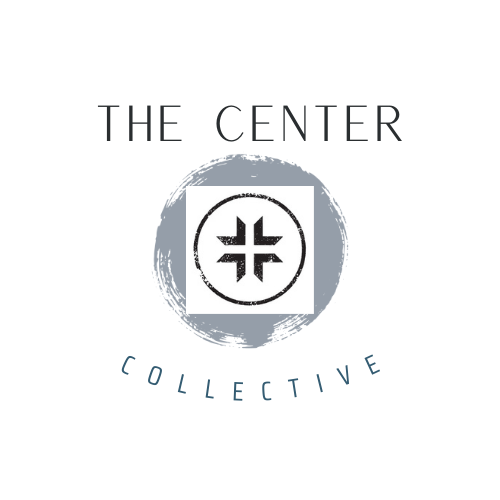In my community the lawns are littered with ‘No Haymarket’ signs. It’s a response to the possibility of a well known treatment center wanting to open a recovery facility. There is a website with “facts” and a call to action to attend a community meeting in September, October and now November. It’s good for people to get involved and research information to gain understanding. I would like to share some additional insight. The signs are communicating more messages than possibly intended. They are inflicting pain. Yes. Pain.
There are addicts, alcoholics and individuals with mental illness in this community. There are also families dealing with the impact. I know this fact because I see it everyday. Addiction is a terrorist. It thrives on fear and misinformation. It takes hostages and creates division. It kills the individual, the family and the community. It is evil.
The last several days have been emotionally and spiritually draining. Everywhere I go people share their feelings, ranging from anger to heartbreak, about the neighborhood ‘No Haymarket’ signs. These are the people who have been touched by the epidemic, either directly or indirectly. They are housewives, mothers, executives, fathers and even young people. All have been to the pit of hell and have recovered to help others in our community. They are today’s good Samaritans.
A “Good Samaritan” is a term I believe our culture has forgotten. The phrase comes from the Bible. Jesus was answering a question from a group of upper-class religious leaders, “Who is my neighbor?” and to make a point he shared a parable. A traveler was mugged and left for dead on the side of the road. The priest sees the man, crosses to the other side of the road and continues on his way. Another person with high status in the community sees the man beaten and crosses as well. Finally, a Samaritan, considered the under-class of society, came upon the beaten man. He immediately took pity on him and took care of him until he was completely restored. He freely gave of his time, resources and his own agenda to care for his neighbor. To get the full extent of the parable, you have to understand the prejudice, fear and hatred the public felt towards the Samaritans. For generations, even walking on land controlled by the half-breed Samaritans made a person dirty. Jesus was answering the question very clearly. “Who is my neighbor? Everyone.”
I believe loving God and our neighbor means thinking and acting in ways that do no harm as well as bringing a little bit of heaven to earth.
“...as for me and my household, we will serve the Lord.” “Go and do likewise.”
Yes Jesus.
